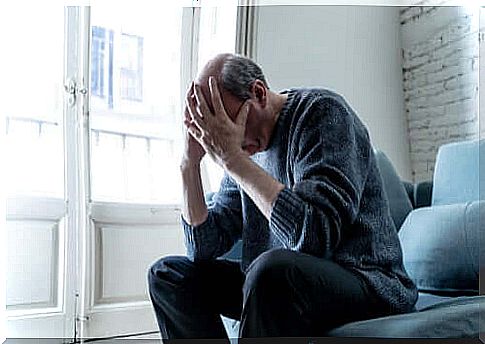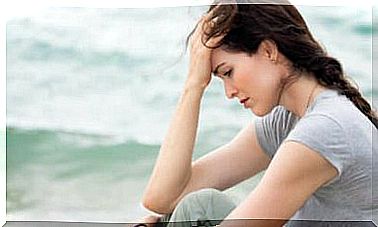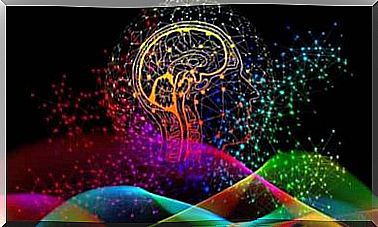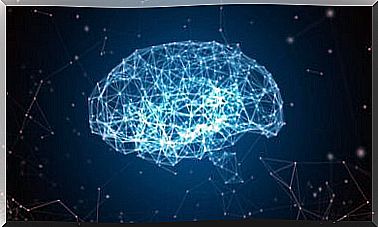The Importance Of Sunlight During Containment
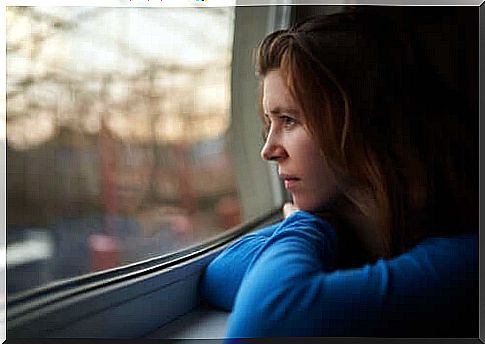
The lack of sunlight during confinement is a reality that affects multiple homes. The current pandemic arrived in the spring, and the latter is passing without our being able to take advantage of it. The days are longer, the sun is warmer, brighter … However, millions of people face their forties without having direct contact with something that is essential for human beings.
Living in small apartments in which the orientation does not allow you to take advantage of the sunlight is quite common. There are also ground floor apartments which are in small narrow streets and in this case it is difficult to know if it is morning or evening. These factors can have some impact on health but, above all, on psychological well-being.
We are homeothermic. In other words, we depend on sunlight, and not just to regulate our temperature: it also allows us to have a balance in our sleep cycles and to carry out various metabolic tasks. Feeling its warmth also has an indispensable and powerful effect on our mental health.
Let’s explore this idea further.

Sunlight during confinement is essential for well-being
Michael Terman is a famous psychiatrist expert in chronotherapy. Throughout his career he has been able to see that changes in light over the seasons or variations in light in different buildings affect human behavior. When they lack sunlight, people suffer from impaired sleep, mood, and weight changes.
In general, we are not aware of the importance of this factor in our life. We are a company used to carrying out a large part of its activities indoors, where artificial light reigns.
The vast majority of people work in closed spaces. We get up with the sun, and we go home as it sets.
Once at home, we stay in contact with our electronic devices, computers, cell phones, televisions… What we call the blue light of technology alters our circadian rhythms, reducing the production of melatonin.
Now, in this current context of a pandemic and with containment as a preventive measure to curb the spread of the virus, a new problem is emerging. Lack of sunlight during confinement can be costly in many homes. Let us analyze the consequences and ask ourselves what preventive measures we should apply.
Lack of vitamin D
According to a study carried out by the University of California and directed by Dr. Robert Nair, 50% of the world population or almost suffer from a vitamin D deficiency. One of the main causes is the lack of activity in the free air, that is to say the fact of not being in sufficient contact with the sun.
Thus, the lack of sunlight during confinement can worsen this fact. This can lead to problems regulating calcium metabolism and a weaker immune system.
It is therefore essential, as much as possible, to go in the sun for 20 minutes a day. And all the means are good: terrace, veranda, small window or simply a corner where the light passes.
Also, let’s not forget that there are other sources of vitamin D, such as dairy products, eggs or blue fish.
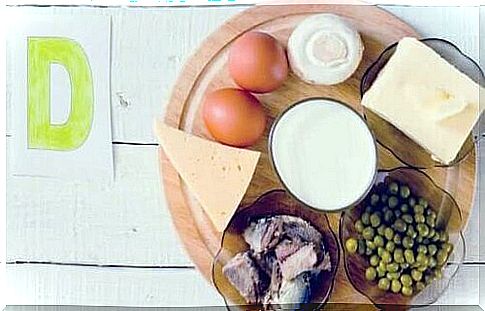
Sleep problems associated with a lack of sunlight during confinement
Being in a house or apartment that lacks light affects our quality of sleep. These alterations result in insomnia or hypersomnia, or a change in habits that makes you sleep long naps and makes you go to bed without feeling tired. It would therefore be appropriate, as far as possible, to follow these rules.
- We set routines to better manage time. If we follow the same habits and stay disciplined, we will notice changes. Thus, more intense activities such as teleworking, housework or sports should be done in the morning instead. In the afternoon, we could do more leisurely activities, such as practicing a hobby, reading, watching series …
- It is also essential to get up and go to bed at the same time. If we take naps, they should be short, no more than 20 or 25 minutes
- Another goal is for our brain to distinguish day from night. Looking for a light source and enjoying it for 20 minutes can bring us enormous benefits
Mental health and mood in spaces with little light
There is one aspect that we should not overlook. During confinement, our sanity can be affected in a space with little sunlight.
It is necessary to activate psychological defenses, to have resources at hand and, above all, to benefit from support. An apartment plunged into darkness will only increase discouragement. Therefore, let’s make sure to take a few keys into account:
- Again, it is essential to go in the sun 20 minutes a day
- Let’s prevent our house from being plunged into semi-darkness. Let’s use low cost lights that create a pleasant atmosphere
- Let us insist on a point already pointed out: routines must organize our time
- Let’s keep in touch with people through messages, calls, video calls, etc.
- Let’s carry out creative activities to allow our mind to train, to free itself, to find spaces where it can connect to the present
- Physical exercise will also help us to produce endorphin, serotonin, dopamine… These neurotransmitters are essential for improving our mood.
- Let’s set goals. Let’s accept our negative emotions, the ones that appear from time to time. And let’s not forget our goals, as well as this hope that cannot decline under any circumstances
To conclude, confinement is not easy for anyone. However, there are people who find themselves in more vulnerable situations. Let’s keep it in mind; let’s follow strategies to improve our quality of life in these circumstances and don’t hesitate to ask for help if we need it.
